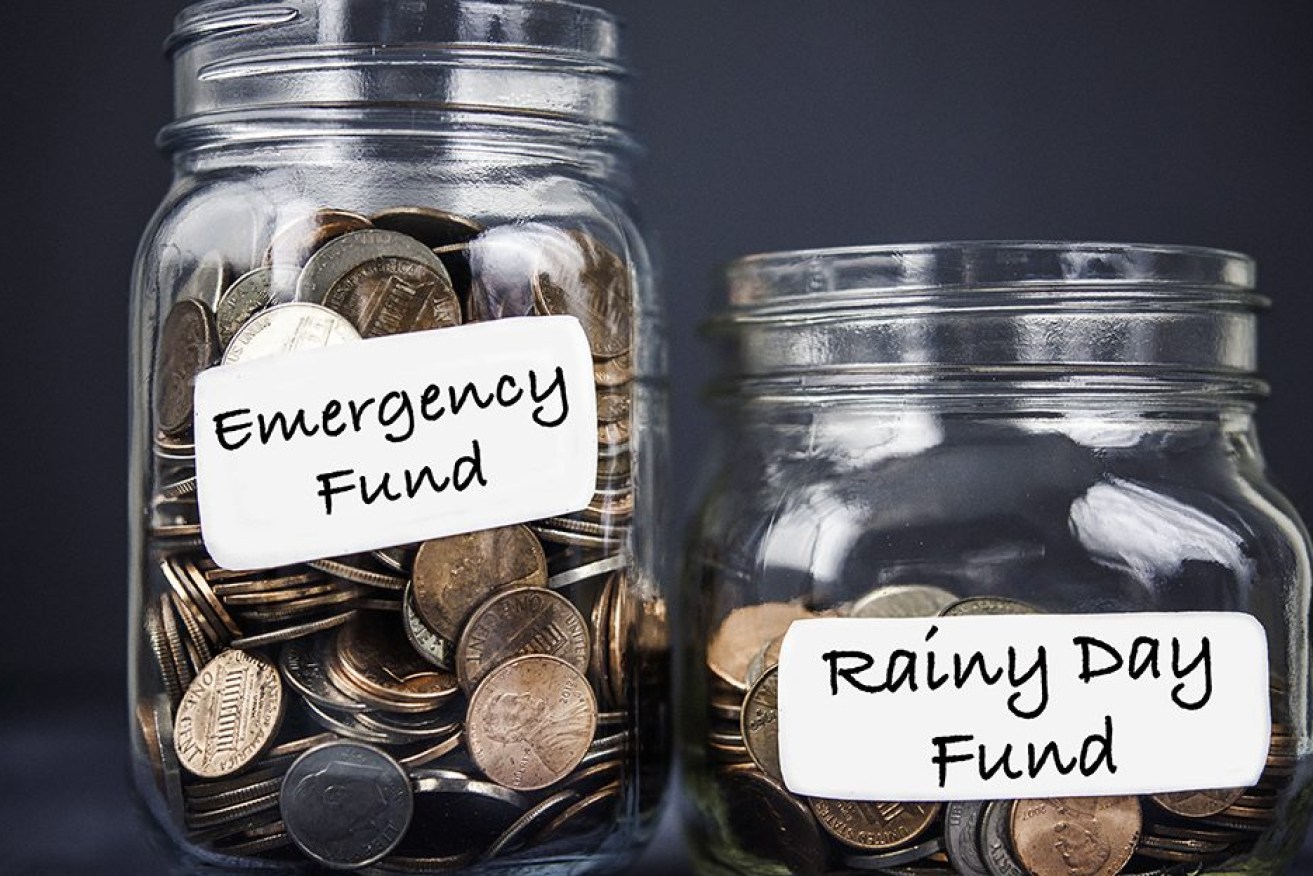Cash or credit card? How a $190 billion stash will keep the nation out of recession
The current financial year will see stubbornly high inflation, even higher interest rates and an increase in unemployment closer to 5 per cent, but no recession, according to the State Government’s investment manager QIC.


Real estate has pushed up our wealth but bank accounts are dwindling (File photo)
In its weekly chief economist’s view, QIC said Australians still had about $190 billion stashed away in savings accounts. The level of cash would be a major factor in keeping the nation’s economy growing.
Other significant factors were increased immigration and the upcoming stage three tax cuts.
QIC said the ability of households to support spending from accumulated savings and the contribution to spending and production by migrants will help the economy avoid recession.
“This will keep the unemployment rate from rising sharply and will continue to allow a shift higher in wages, which can be absorbed by businesses without creating a wage price spiral or a severe collapse in profitability,” it said.
“Over the Covid years, Australian households managed to accumulate around $280 billion of excess savings, which are now being deployed to support spending as real disposable income growth declines.
“From its peak level in the September quarter of 2022, households wound back just $20 billion of these excess accumulated savings by the March quarter of 2023. Based on a continuation of that trend, households will still have $190 billion of accumulated savings at their disposal by the end of 2024.
It expected the current financial year to be a transition out of the Covid-impacted years.
“While it is our conviction that the Australian economy can successfully navigate this coming year of transition, the shape of the post-Covid world remains uncertain.
“At least two key problems of adjustment will not be resolved over the coming financial year. The very high cost of housing and the rising cost of energy. Solutions (or lack thereof) to these twin problems will shape the Australian post-Covid economy.”
QIC expects the cash rate to increase to 4.6 per cent from its current 4.1 per cent before the end of 2023.












